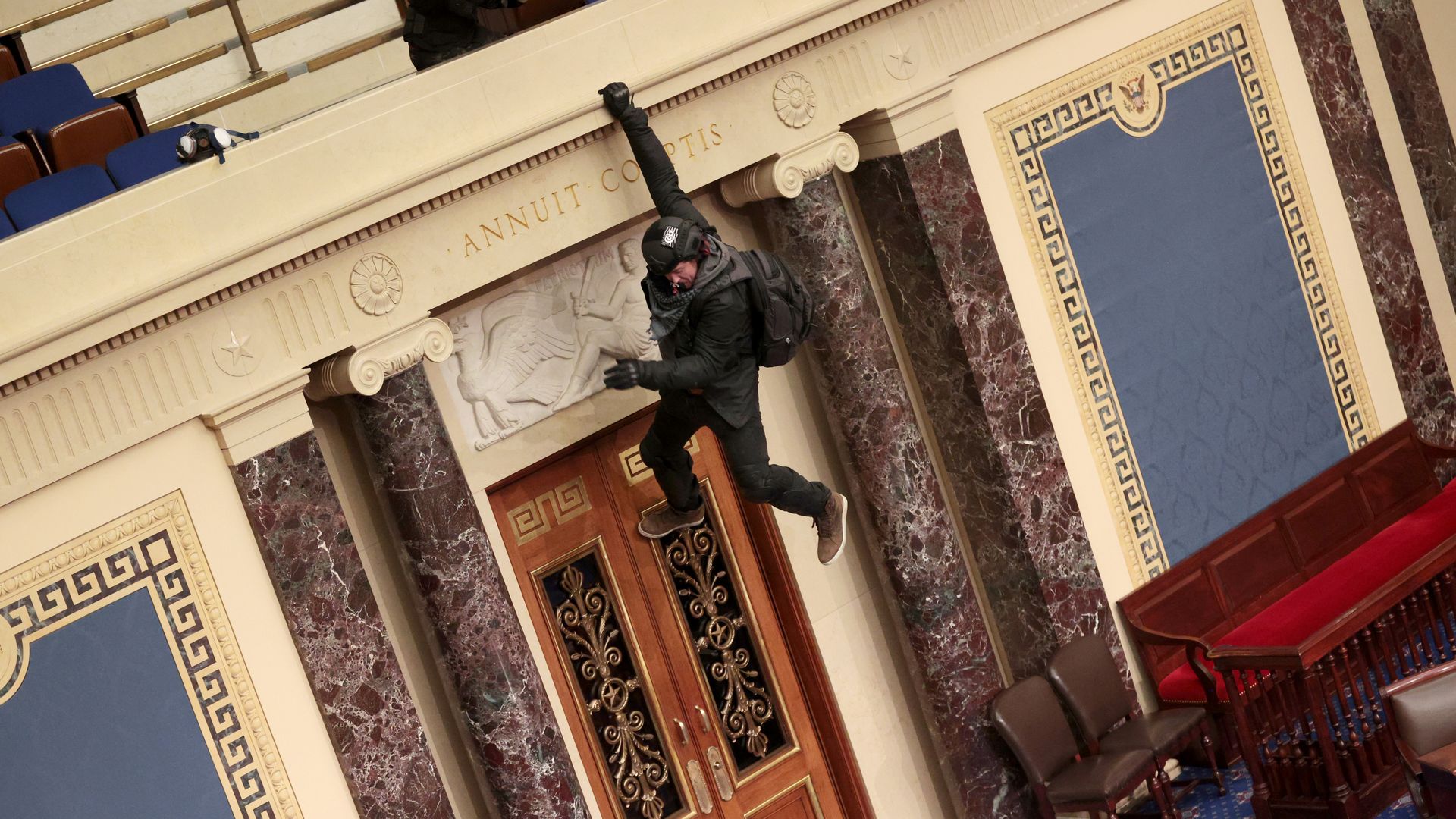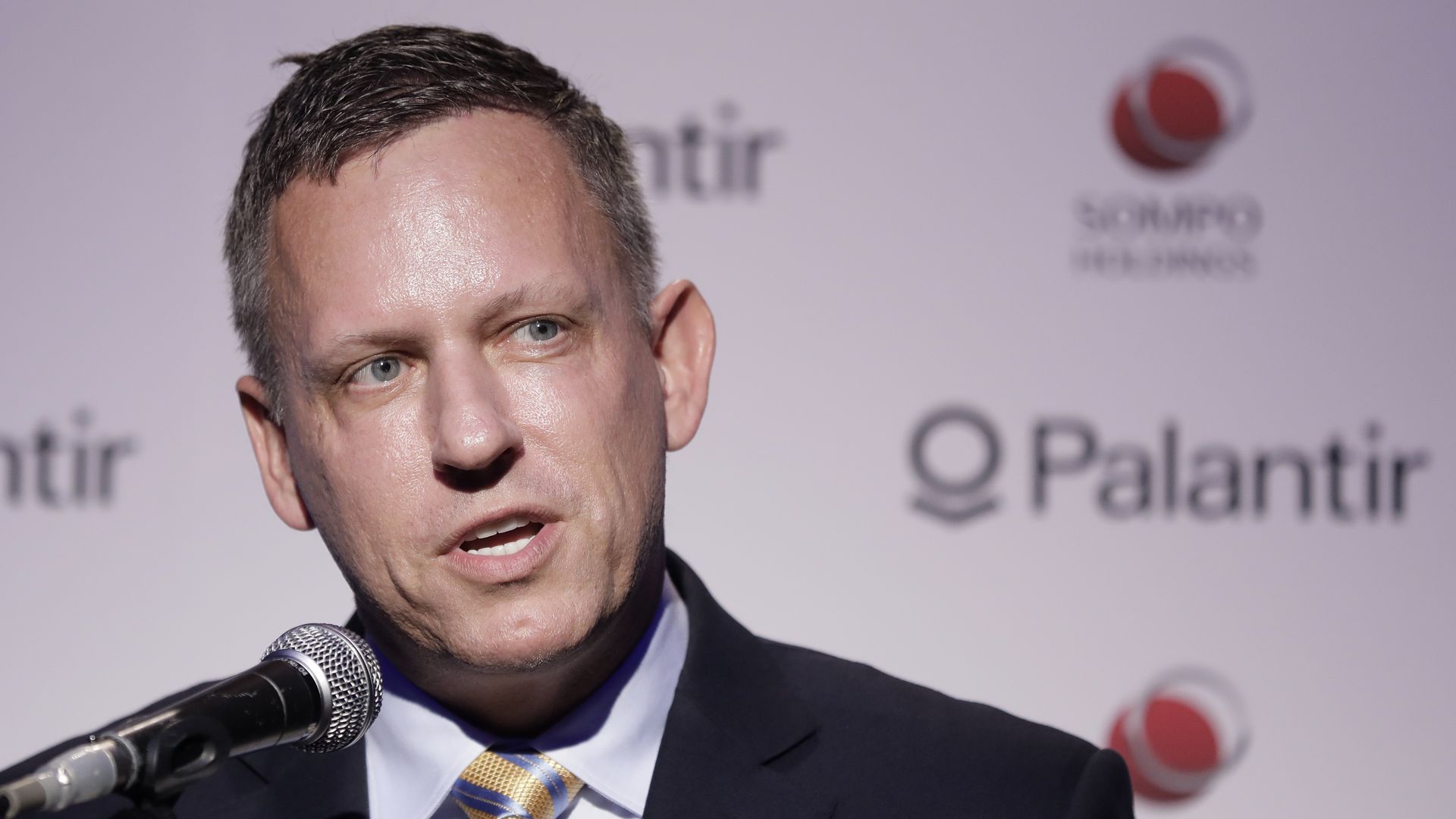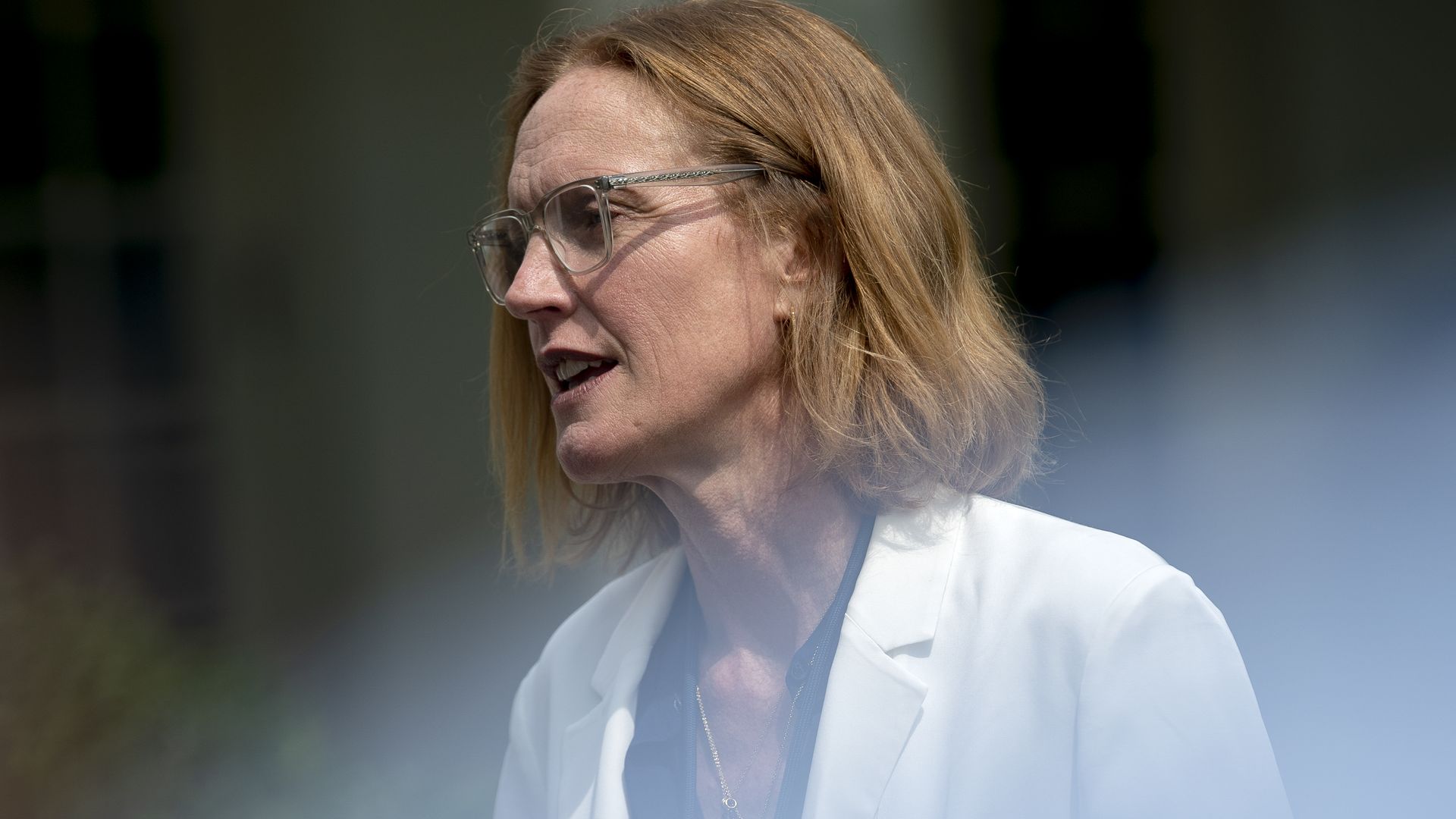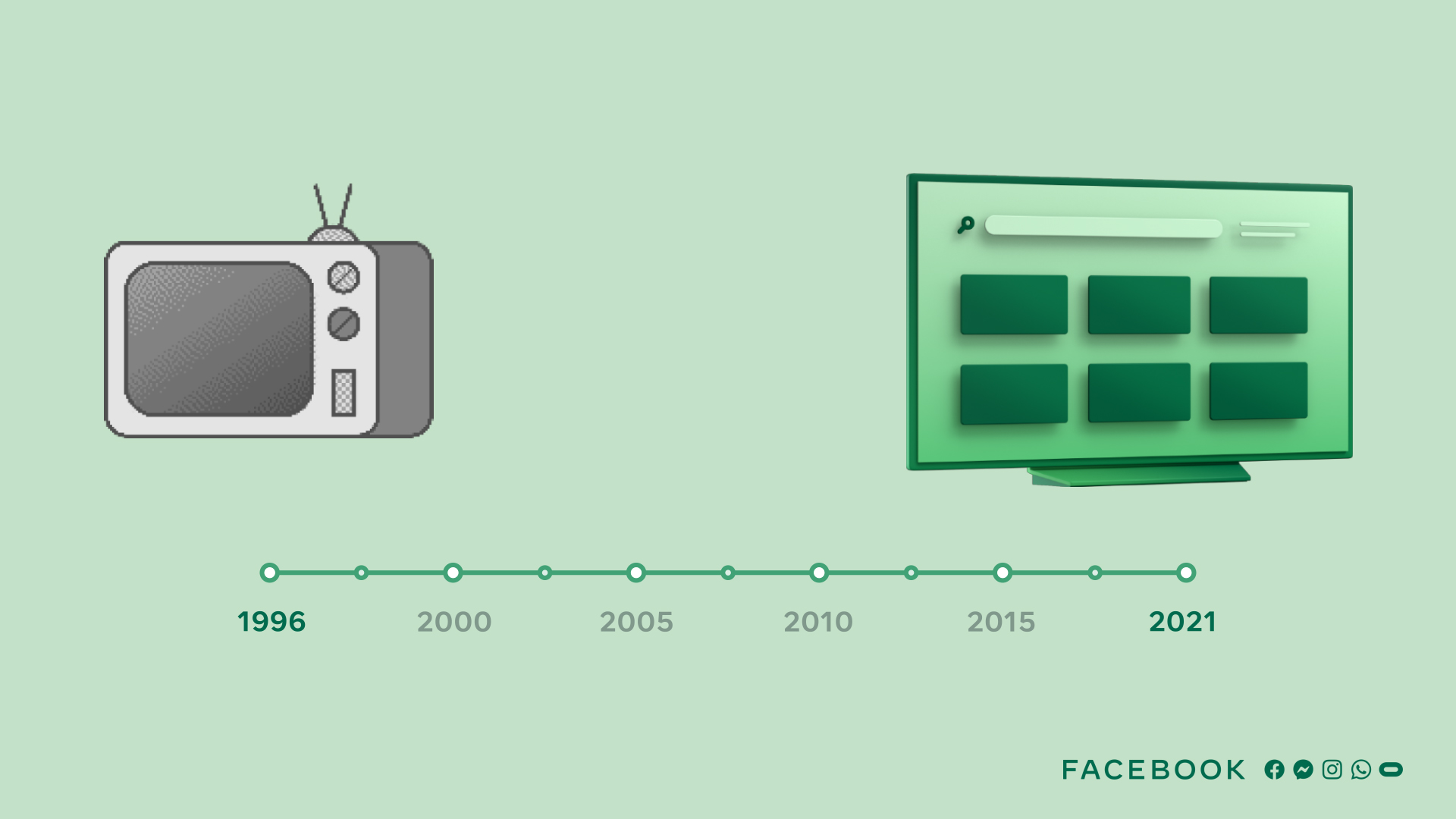| | | | | | | Presented By Facebook | | | | Axios Sneak Peek | | By Alayna Treene and Hans Nichols ·Jul 26, 2021 | | Welcome back to Sneak. Smart Brevity™ count: 1,587 words ... 6 minutes. Edited by Glen Johnson. | | | | | | 1 big thing: Scoop — Pelosi's new COVID plans |  | | | House Speaker Nancy Pelosi enters the Rose Garden today. Photo: Anna Moneymaker/Getty Images | | | | House Speaker Nancy Pelosi (D-Calif.) is expected to extend proxy voting through the fall — and potentially until the end of the year — Democratic lawmakers and aides tell Axios' Hans Nichols and Sarah Mucha. Why it matters: The spread of the Delta variant has alarmed both members and staffers anxious about interacting with the unvaccinated. Pelosi's anticipated move — continuing an emergency COVID-19 measure enacted last year so lawmakers could vote remotely — is aimed at allaying those concerns. - "Extending the proxy-voting process is the only rational course forward," said Rep. Filemon Vela (D-Texas). "Hopefully, the surge will subside sooner than later, and if so, then perhaps life can get back to normal."
- The move also will give lawmakers more flexibility to attend events in their districts throughout the fall amid potential razor-thin votes on a bipartisan infrastructure deal, budget reconciliation resolution, annual spending package and motion to increase the debt ceiling.
- With just a 220-211 Democratic majority, Pelosi has little margin for error. She also can't afford to lose older members to the virus.
- A Pelosi aide said no decisions have been made about extending proxy voting and stressed that the Speaker would follow the guidance of the Office of Attending Physician.
Driving the news: Rep. Clay Higgins (R-La.) announced over the weekend he had contracted the coronavirus for a second time, saying he had his first bout in January 2020. - While Higgins has encouraged his constituents to get vaccinated, he has not said whether he himself has gotten a COVID-19 vaccination.
- Last week, a vaccinated member of Pelosi's staff, as well as a vaccinated White House official, tested positive after attending the same event.
The big picture: In the face of the Delta variant, the Biden administration is grappling with how to modify public health guidance, and whether to recommend any new masking requirements. - The White House is "always going to be guided by our North Star, and that is the CDC and our health and medical experts," White House press secretary Jen Psaki told reporters today.
- The New York Times reported today that the Department of Veterans Affairs will require its frontline health care workers to get the vaccine in the next two months.
- Pelosi's home state of California also announced today it will require state employees and all health care workers to show proof of a coronavirus vaccination or get tested weekly, beginning next month.
Keep reading. |     | | | | | | 2. Jan. 6 panel to show graphic footage |  | | | A rioter hangs from the balcony in the Senate Chamber on Jan. 6. Photo: Win McNamee/Getty Images | | | | The Jan. 6 select committee will paint a haunting picture of what unfolded during the attack on the Capitol during its first public hearing tomorrow, Sarah and Axios' Alayna Treene are told. Why it matters: The nine-member panel will not only hear from four police officers on the grounds that day, but show graphic video footage similar to the chilling 13-minute video Democrats aired during Donald Trump's second impeachment trial. - The goal, committee aides say, is to make clear how violent the events were, and to leave viewers with no doubt that what happened was a vicious attack on American democracy.
- The opening presentations and testimony will set the stage for a monthslong probe into the worst assault on the Capitol since the British torched it during the War of 1812.
What to expect: Rep. Bennie Thompson (D-Miss.), chairman of the committee, and Rep. Liz Cheney (R-Wyo.), one of two Republican members, will deliver opening statements at the outset of the hearing — a sign the committee wants to emphasize its bipartisan composition. - Cheney's remarks will focus heavily on how the riots threatened the peaceful transfer of power between administrations, making clear Jan. 6 "was an assault on the Constitution," a source familiar with her statement tells Axios.
- "It'll be very similar to what she spoke about in her op-ed in May," the source said, referring to a piece Cheney wrote for the Washington Post.
The witnesses, including two officers from the Capitol Police protection squad and two from the Metropolitan Police, will be prompted to go into detail about what they experienced. They'll also be asked to give a thorough account of who the rioters were, what their perceived goal was, and what violence the officers personally experienced, Axios is told. - "Hearing from law enforcement first is critical as we piece together what happened on Jan. 6 and the run-up to that fateful day," Rep. Stephanie Murphy (D-Fla.) told Axios.
- In addition, members of the panel plan to press the officers on their preparedness — or lack thereof — following a damning Senate report detailing a series of failures made by Capitol Police in the weeks leading up to the attack.
- Members of the committee want the officers to help piece together a precise timeline of not only what took place between the Nov. 3 election and the Jan. 6 riots, but also who knew what and when — something the Senate report did not examine, committee aides say.
Keep reading. |     | | | | | | 3. Infrastructure's do-or-die moment |  | | | Illustration: Shoshana Gordon/Axios | | | | A host of new problems emerged this morning threatening whether the Group of 10 can actually make this "infrastructure week" after all, Alayna also reports. Why it matters: This is the bill's do-or-die moment. - August recesses in both chambers are here.
- Senators are scheduled to break in two weeks — a deadline sure to be blown after Majority Leader Chuck Schumer (D-N.Y.) made clear he wants to pass both a bipartisan bill and a budget resolution before letting members head home.
- Schumer said Monday afternoon he's prepared to keep the Senate in session this weekend to finish the bipartisan infrastructure bill: "It's time for everyone to get to yes," he announced on the floor.
Between the lines: It's still unclear whether this 11th-hour infighting is just run-of-the-mill posturing amid the final negotiations, or actually a danger sign for the bill. - Two Democratic Senate aides familiar with the talks sent Axios this tweet from Bloomberg's Steve Dennis, which jokes that typical deals in Congress always start with a series of "no's"; then an agreement on a framework; then another string of "no's"; and then a "yes" on a final deal.
- There's merit in Steve's argument — the final stretch of any substantial legislation is always the hardest to complete.
- The bipartisan group is in that cauldron right now.
The big question: At what point does Schumer bail and turn to a catchall, Democrats-only reconciliation bill? - Axios reporting signals if there isn't at a minimum full text of the bill this week, let alone substantial floor action, then the Democratic leadership is likely to abandon ship and move on.
- That can only happen, though, if Schumer ensures moderate Democratic senators — read: Joe Manchin (D-W.Va.) and Kyrsten Sinema (D-Ariz.) — agree with that plan.
- A huge reason Schumer has let the bipartisan talks continue so long is to cater to the two senators, whose votes are crucial to passing a Democrats-only bill in a 50-50 split Senate.
Keep reading. |     | | | | | | A message from Facebook | | The internet has changed a lot since 1996 - internet regulations should too | | |  | | | | It's been 25 years since comprehensive internet regulations passed. See why we support updated regulations on key issues, including: - Protecting people's privacy.
- Enabling safe and easy data portability between platforms.
- Preventing election interference.
- Reforming Section 230.
| | | | | | 4. A political bogeyman of Silicon Valley |  | | | Peter Thiel. Photo: Kiyoshi Ota/Bloomberg via Getty Images | | | | Tech billionaire Peter Thiel is injecting huge sums into some crucial 2022 midterm contests — and drawing fire from Republicans eager to tie their rivals to the GOP's Silicon Valley bogeymen. Why it matters: Whether he's backing a candidate or being attacked by one, Thiel embodies the present GOP zeitgeist, Axios' Lachlan Markay writes. His brand of nationalist conservatism mimics the party's Trump-era shift. Yet the fortune he's using to bankroll like-minded candidates derives from an industry reviled by much of that base. - This dichotomy has produced at least one notable example this year of a candidate publicly attacking Thiel just months after trying to arrange a sit-down with him.
Thiel's $10 million infusion into a super PAC supporting the Ohio Senate bid by "Hillbilly Elegy" author J.D. Vance represented his first major foray into the 2022 cycle. It also opened up a line of attack. - During an interview last week, one of Vance's primary rivals, former Ohio state treasurer Josh Mandel, hit Vance for having "a guy who is on the board of Facebook as his biggest political funder."
- Mandel declined to name Thiel. He also didn't mention the multiple overtures he himself made to Thiel early in the campaign.
- Text messages reviewed by Axios show Mandel flagged his candidacy announcement for Thiel and followed up to request meetings with him in February and March. Thiel does not appear to have responded.
- The last text from Mandel came on March 8, a week before Thiel's super PAC donation to Vance was announced.
- Additional text messages show Mandel praising Thiel in 2018 over his portrayal in a New York Times profile.
- "I think by in [sic] large people here in the rust belt agree with you," Mandel wrote.
What they're saying: "While J.D. Vance tries to talk tough on big tech, he depends on their money in every aspect of his life," Mandel campaign manager Scott Guthrie said in an emailed statement. Last week, the Washington Examiner reported Thiel is putting another $10 million into a super PAC supporting Arizona Senate candidate Blake Masters, an executive at Thiel's venture capital firm and foundation. - While locally branded, Saving Arizona PAC's focus so far appears to be national. Its digital ads are running nationwide and plugging Masters as the candidate who can tilt the Senate majority in Republicans' favor.
Keep reading. |     | | | | | | 5. Pic du jour: A face to the name |  | | | Photo: Stefani Reynolds/Bloomberg via Getty Images | | | | White House Legislative Affairs Director Louisa Terrell, intimately involved in the bipartisan infrastructure negotiations, arrives in the Rose Garden for an event marking the 31st anniversary of the Americans with Disabilities Act. |     | | | | | | A message from Facebook | | Why Facebook supports updated internet regulations | | |  | | | | 2021 is the 25th anniversary of the Telecommunications Act of 1996, the last major update to internet regulation. It's time for an update to set clear rules for addressing today's toughest challenges. See how we're taking action on key issues and why we support updated internet regulations. | | | | 📬 Thanks for reading. A reminder your family, friends and colleagues can subscribe to this or any of Axios' other free newsletters by clicking here. |  | | It'll help you deliver employee communications more effectively. | | | | | | Axios thanks our partners for supporting our newsletters. If you're interested in advertising, learn more here.
Sponsorship has no influence on editorial content. Axios, 3100 Clarendon Blvd, Suite 1300, Arlington VA 22201 | | | You received this email because you signed up for newsletters from Axios.
Change your preferences or unsubscribe here. | | | Was this email forwarded to you?
Sign up now to get Axios in your inbox. | | | | Follow Axios on social media:    | | | | | |










No comments:
Post a Comment